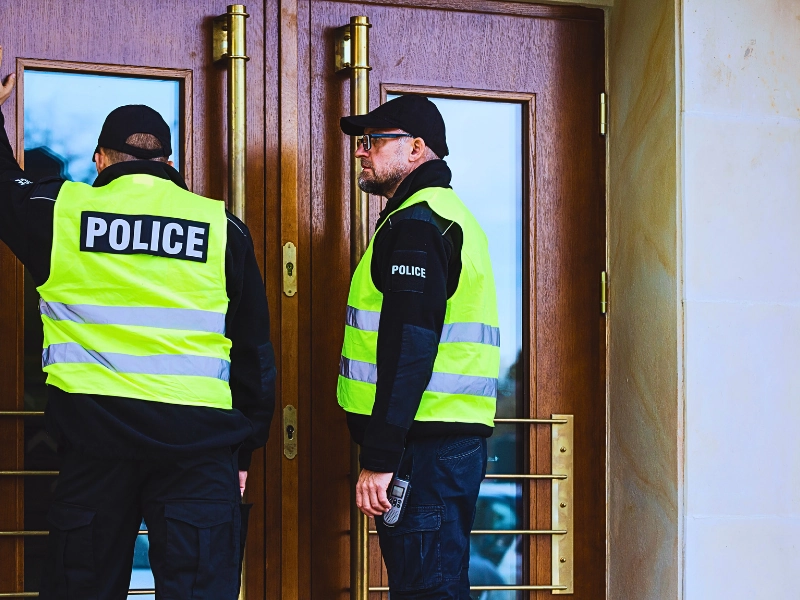Though Minnesota has harsh penalties for drug-based offenses, recent political trends indicate a nationwide shift toward decriminalization may be on the horizon. In recent months, Oregon became the first state in the country to decriminalize hard drugs and reject criminal charges for drug users with criminal offenses.
On This Page
Understanding Drug Decriminalization
While many states are legalizing marijuana use, Oregon recently voted to decriminalize the possession of hard drugs, including heroin, LSD, methamphetamine, oxycodone, and other hard drugs. Voters passed a ballot measure to decriminalize these drugs and protect drug users from drug charges and criminal prosecution.
The Oregon measure, which takes effect on February 1st, 2021, is expected to have a significant impact on penalties for drug users in possession of hard substances. Instead of facing possible jail time, offenders will have the option to pay a $100 fine or get help from an addiction recovery center funded by Oregon’s legally regulated marijuana industry.
Oregon’s recent decriminalization measure is meant to keep drug users from getting locked up in jail, as criminal records that can hinder future housing and job opportunities. Drug decriminalization will eliminate criminal penalties for drug use and possession, low-level drug sales, and possession of syringes or other drug paraphernalia. These changes will lead to reduced prison costs, more drug health and safety resources, and increased funding for drug treatment centers. Many advocates and criminal defense drug attorneys are in favor of the measure because current drug laws are not recovery-focused.
Although Oregon is the first U.S. state to decriminalize the possession of hard drugs, other countries including Switzerland, the Netherlands, and Portugal have decriminalized possession of hard drugs in small amounts. In Portugal, drug deaths fell after decriminalization in 2001, and drug addiction treatments stabilized. The Oregon Criminal Justice Commission expects the new measure to result in fewer misdemeanor and felony drug convictions for possession of controlled substances. Officials believe the measure will lead to significant reductions in ethnic and racial disparities for drug arrests and convictions.
Decriminalization for possession of small amounts of marijuana has passed in 26 states and the District of Columbia. In Minnesota, anyone caught with more than 42.5 grams of recreational marijuana faces a felony conviction punishable by fines of $10,000 or more and 5 years or more in jail. Since Minnesota has strong drug laws, it’s difficult to predict if the decriminalization of hard drugs in Oregon will spread to Minnesota.






